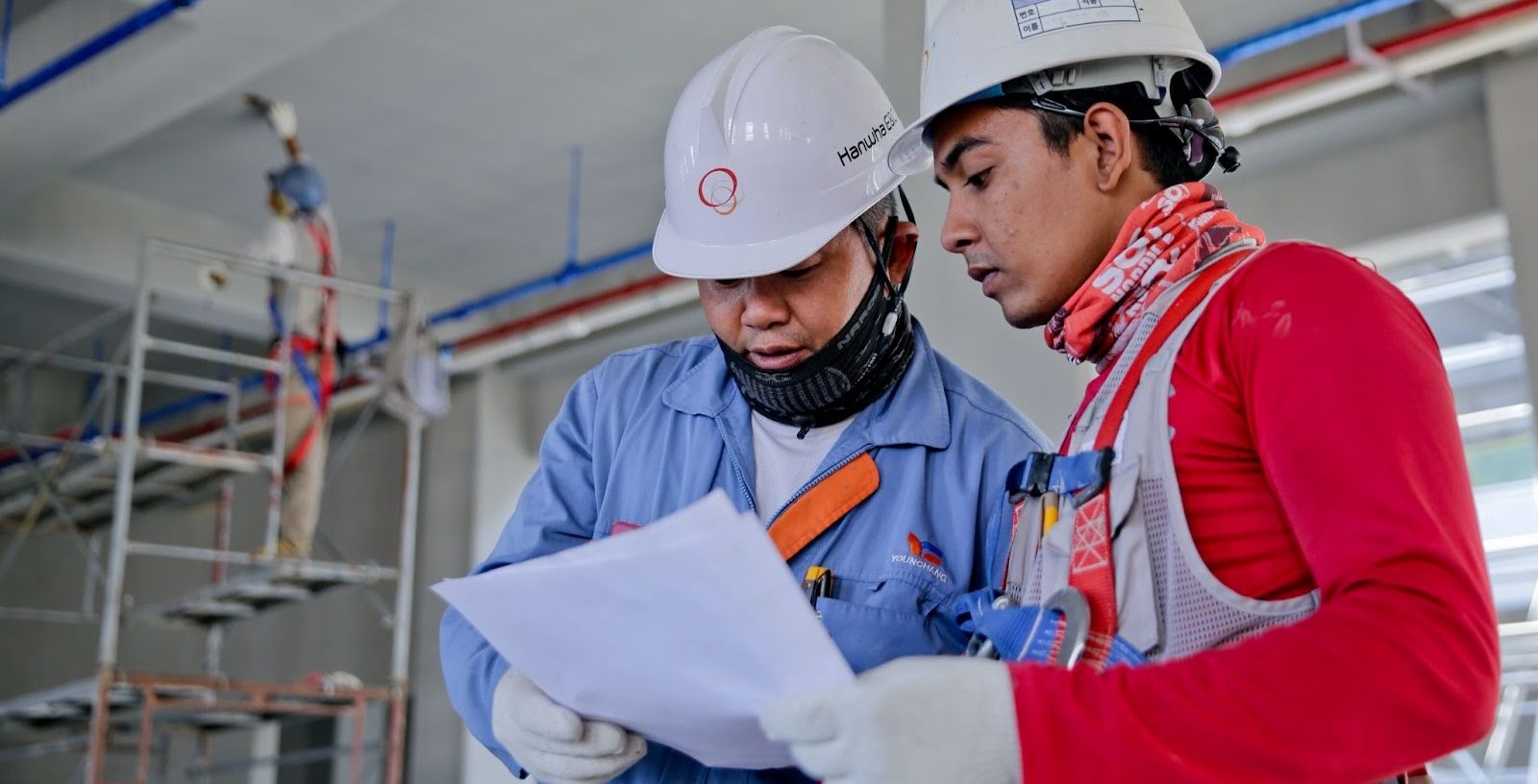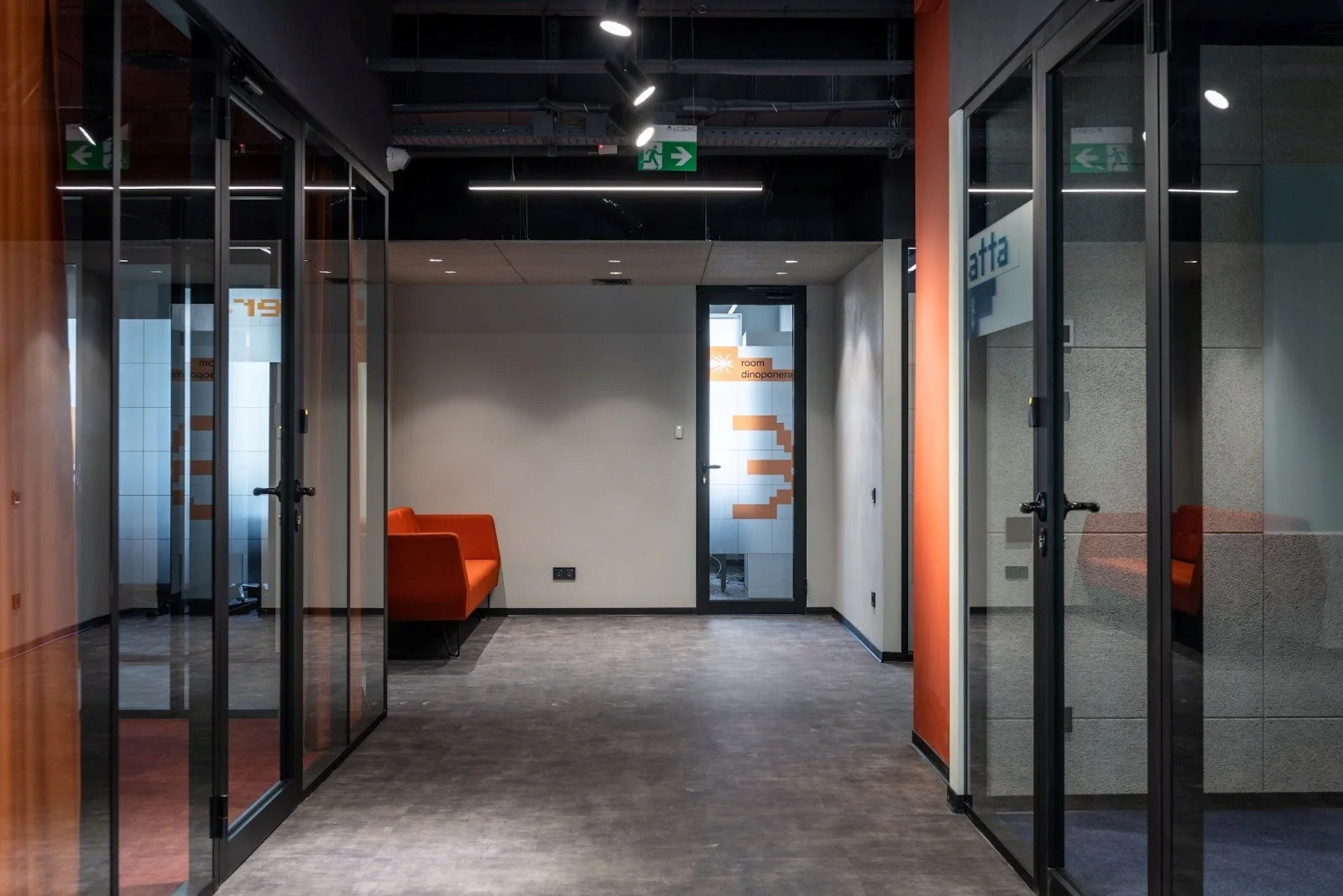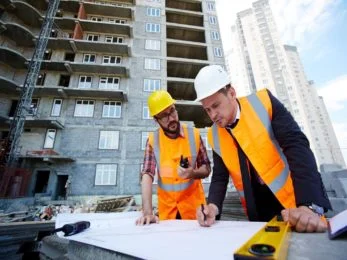Retail is the sale of a product or service to an individual consumer. Hence, retail construction is undertaken to maximize profit. It requires a lot of small pieces to realize a retail construction project. Maintaining a good working relationship with other contractors is the most important factor for any successful retail construction company. The responsibility lies with the retail construction contractor to ensure that its working process is efficient and that the combination of both internal and external relationships works towards the successful delivery of projects.
Today’s digital age has dramatically changed consumer habits compared to the large, big-box chain stores that were being built during the 1980s and 1990s. Retailers have shifted the way they design their stores to keep customers coming in, requiring construction industry professionals to have experience and knowledge to complete these projects.
In the retail industry, the look and feel of a building can be crucial to a company’s success. The atmosphere of a space can be the difference between keeping a loyal customer base and going out of business. Thus, design and construction decisions echo throughout the lifespan of a company.
A seasoned commercial contractor even thinks like a retailer in the planning stage so that any decisions they make help generate more revenue for the client’s specific needs.
There are different kinds of retail construction one can undertake:
Storefronts
A storefront project involves hiring a commercial contractor to remodel the front part of a store so that it looks nicer and attracts more visitors.
Buildouts
A build-out involves tearing down an old building and rebuilding it from scratch (or sometimes renovating it). Rebranding
It’s similar to remodeling in a sense, but it’s more focused on changing the look and feel of the client’s space.
Remodeling
Renovating, upgrading, and making structural changes to an existing space with efficiency as the main focus.
Sustainability
Projects that involve commercial contractors help clients upgrade their space by using eco-friendly technologies and recyclable materials as part of the design and construction – be it planting trees or installing solar panels.
Turnkey
When a contractor remodels or builds a space for a client with the sole purpose of selling it upon completion.
If it’s a design-build, all services before and after construction go through the same company. From architecture to design to the finished build, every aspect is handled by them, freeing you up from a lot of managerial duties. Every retail construction project has its own set of needs, but there are a few things that retail construction contractors can stay mindful of regardless of the project type.
§ Integrating Technology
Retail outlets have to keep up with consumer demand, which is why many businesses are emphasizing the importance of technology in their stores. To appeal to customers, retail outlets should use technology to make the shopping experience more enjoyable. Interactive displays and digital touch screens have already become a part of the retail experience for today’s consumers.
§ Story of the Brand
Retailers can tell stories about their brands to create a stronger connection with customers and make shopping more fun.
Storytelling doesn’t incorporate the whole brand message. Some brands rely on buildings to help them promote themselves, and contractors play a big role in this picture.
§ Authenticity
Authentic settings give customers a sense of being somewhere new and exciting, which can increase sales.
§ Sustainable technologies
Green initiatives can reduce a business’s carbon footprint, repurpose waste, lower costs, and improve customer loyalty. A LEED or BREEAM certification project ensures that green building standards are met, thus increasing saleability.
§ Looks matter
Even if a retail location is of a budget variety, it doesn’t mean it needs to look tacky. A good design makes people want to visit a store or restaurant repeatedly.
§ Update ideas
Keeping up with current trends, even with construction choices, allows a company to remain relevant in its industry by giving it an edge over its rivals who fail to update their stores with new designs and products that reflect the latest aesthetics.
§ Outdoors
An outdoor market may help a business reach more customers by increasing visibility for its products or services in busy public places like airports, train stations, and city streets.
§ Location
Retail buildings are usually best placed where they get the most coverage of the surrounding area. A shopping center acts as a hub for retailers to reach consumers in a wide catchment area.
§ Utilization of Empty Space
A good contractor tries to minimize these gaps by using them to include more advertisements or conveniently located kiosks.
§ Adaptability
Being able to adapt to changing market conditions is the hallmark of a successful retail outlet. Good design takes advantage of the existing beauty and natural features of an area while making it easy to upgrade later.
§ Accessibility
Retail design requires that consumers can approach the space easily and navigate through it effortlessly.
§ Multi-Channel Retailing
Some stores have moved to make their physical locations both online and offline outlets. The design of the construction can help to emphasize this as a selling point.
§ Combined Functionality
If you’re planning a mall or shopping center, incorporating classical design into the layout is a good idea since this incorporates both classic designs as well as something appealing to the modern shopper.
One approach could also be to align construction plans with promotional plans and product launch events for visibility and to generate interest.
§ Decor
When building an outlet, it is important to know the client’s target market and what decor they’ll appreciate too.
§ Gathering Areas
Most malls today have a place where people can gather for concerts or other public performances. Even cafes have space for queuing.
§ Stand Apart
Probably the most important thing that retail buildings need to have is the ability for people to remember them. It’s quite easy to just design a building, but it’s hard to design one that sticks with the customer. That’s the challenge that many commercial contractors seek to overcome today.



